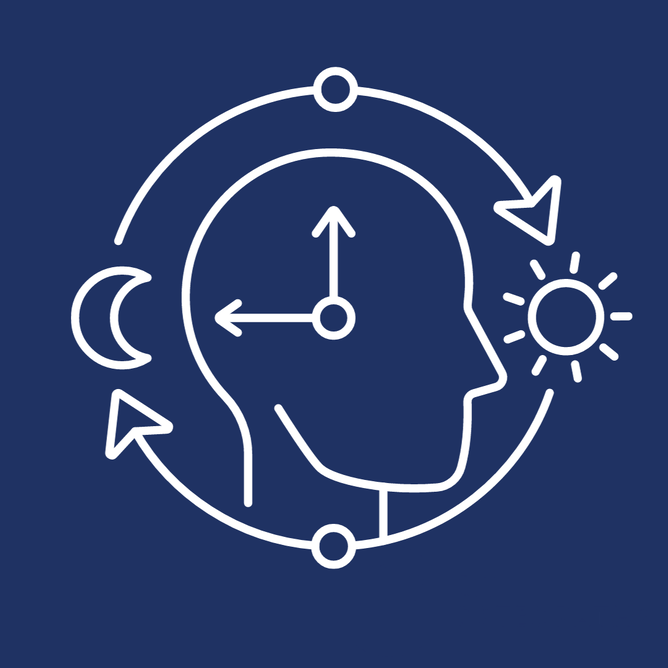We previously looked at how light affects our circadian clock and explored ways to support a healthy circadian rhythm using light and lighting (circadian-rhythm-why-when-matters.html). Food is the other main environmental cue that resets our rhythm through the peripheral clocks, for example in the liver, pancreas and gut.
Just like we have extended the day with artificial lighting, food is also now available around the clock. But our digestive and metabolic machinery was never designed to deal with a constant influx of nutrients or calories. Digestion is a complex, carefully orchestrated process. For example, secretion of saliva, gastric acid and digestive enzymes and intestinal motility have a clear circadian fluctuation. Our insulin secretion and insulin sensitivity are highest in the first half of the day, so eating the same amount of carbohydrates will have a different effect on blood sugar levels depending on what time of day it is consumed. The mucus layer protecting the gut lining replenishes overnight when we are fasting, and so does the damaged gut lining. Gut motility slows down in the evening and overnight so it takes a lot longer for the food to move down the tract. Even the gut microbiome has a circadian rhythm: in health, certain species peak at different times, creating the best conditions to digest what we eat when the body expects to receive food. With an eating pattern that is spread throughout a longer period of time leading to shorter periods of gut rest, both the diversity of the microbiome and the cycling of different species suffer.
Food presented at the wrong time can disrupt the circadian rhythm and it can also interfere with the restorative processes that need to happen in the digestive system overnight. The cumulative damage can lead to disease, quite possibly beyond the digestive tract as damaged gut barrier (“leaky gut”) increases systemic inflammation.
When researchers looked at when people eat, it was astonishing that most of the studied individuals ate throughout almost their whole waking period. There was also a clear shift to later start and finish times during weekends compared to weekdays. For the digestive system this is like travelling to a different time zone and back.
From numerous animal studies we know that when there is unrestricted access to food, animals learn to eat for longer periods of time than what they normally would do, so they widen their eating window. Over time, they also become rather unhealthy – gain weight, develop diabetes and other metabolic abnormalities and even heartbeat irregularities, their endurance and physical performance suffers and sleep becomes disregulated. Interestingly enough, even when mice were fed their normal healthy diet but were given access to food around the clock, they became unhealthy, whereas mice eating an unhealthy diet but in a time-restricted fashion during their normal eating phase managed to stay healthy. Amazingly, obese mice showed marked improvements in their metabolic health parameters after only one intervention: narrowing their eating window.
Time-restricted eating is being increasingly studied in humans, and although so far the evidence has been mostly limited to either small numbers of participants or otherwise healthy individuals, the results are very encouraging. But researchers have also started looking at how time-restricted eating might affect people with diagnosed metabolic syndrome, or syndrome X, which is a constellation of conditions such as abdominal obesity, high blood pressure, high blood sugar and insulin resistance, abnormal cholesterol and triglyceride levels – all known to be risk factors for cardiovascular disease. It is estimated to affect as much as a third of the population, at least in the US.
A recent pilot study looked at 19 participants with a diagnosis of metabolic syndrome who were taking blood pressure or statin medications. They were instructed to eat within the same self-defined 10 hour interval for 12 weeks. At the end of that period they lost some weight (about 3 kg on average), their body fat dropped by 3% and the waist circumference by 4.4 cm. There was an improvement in their blood pressure, blood cholesterol and in markers of poor blood glucose control. As much as 70% reported either better sleep quality or the amount of sleep they were getting. Some patients were also able to lower or stop their medication after the study had finished. This is quite impressive considering the only intervention was restricting how long they were eating for. They didn't change what of how much they were eating. A great number of study participants were found to continue practicing TRE either full- or part-time for up to a year afterwards. A larger study with over 100 people is currently underway.
There is also evidence from over 2400 breast cancer survivors that those who fasted for less than 13 hours a day had a significantly higher rate (36% more) of cancer recurrence compared to those who fasted for over 13 hours. In this study longer nightly fasts (>13 hours) were also associated with longer sleep and better blood sugar control.
Under TRE everything you eat in a day (including any snacks) should be confined to a specific, more or less consistent, interval followed by a period of fasting of at least 12 hours. Water is fine to drink at any time, however, beverages like black coffee or tea can reset our clocks so if used, should ideally be consumed within your chosen time window. The issue of caffeine is a complicated one with many factors to consider and researchers don't have all the answers. But for circadian eating it is recommended to consider caffeine consumption as breaking the fast. Being a stimulant that takes a long time to be cleared out of the system (it has a quarter life of 12 hours, meaning a quarter of the cup you drank in the morning is still in your system in 12 hours), it's also not going to help healthy sleep. As we get older, we also become more sensitive to caffeine and its sleep disrupting effects, as we take longer to process and clear it out of our system. It is worth noting that polyphenols even in decaffeinated coffee have been shown to enhance autophagy (the self-recycling process in our cells) so you should not necessarily give it up altogether. But the timing of intake is crucial so if used, caffeine is best reserved for the morning.
Allowing at least 12 hours of not eating seems to be the absolute minimum for the body to recover and repair. As mentioned above, people with metabolic syndrome can benefit from shrinking their eating window further to 10 hours a day. Dr Panda's data suggests that for weight loss, eating within 8-9 hours is beneficial, whereas eating within 11-12 hours is best for weight maintenance.
While a defined consistent eating window is clearly more beneficial than eating for over 12 hours a day, eating earlier in the day has even more health benefits. It is more in alignment with our circadian rhythm especially in some metabolic processes. Eating earlier in the day improves blood sugar control while eating late worsens glucose tolerance. It is recommended to leave at least 2-3 hours between the last bite and bedtime. One of the reasons for that is because the evening rise of melatonin (normally 2-4 hours before your habitual bedtime) reduces the pancreas secretion of insulin. So eating late in the day will produce a longer blood sugar spike and some might even be diagnosed as prediabetic if tested. Late eating and also eating most of the calories later in the day slows down weight loss efforts and leads to a more modest weight loss.
Eating late can contribute to acid reflux so if you suffer from this uncomfortable condition, shifting your last bite to an ealier time could have another positive consequence. A great number of people are taking medications to suppress acid production, often for years, as when they try to come off them, their symptoms return, sometimes with a vengeance. Long-term use of these medications is not without downsides. TRE on the other hand could offer a chemical-free solution.
Starting TRE can seem daunting and it's almost certain that making drastic changes in your eating window is not going to work, or be easy at the very least. Stopping evening snacks or starting with 12 hours to allow the necessary hormonal changes (for example, regulating hunger and satiety) to happen may be a better approach. Most people would do just fine on a 10-12 hour eating window without needing to narrow it down further but those needing to lose extra weight or who are prediabetic, may want to experiment with a shorter window e.g. 8 hrs. More research is needed for those taking medication (especially for diabetes). While it can be a useful adjunct to treatment, doing it under a doctor's supervision with regular bloodwork is needed to do it in a safe manner for these people.
Giving yourself the recommended minimum 8 hour sleep opportunity (i.e. time spent in bed) will hopefully allow you to get at least 7 hours of sleep that we need to function well. Getting enough sleep helps balance ghrelin and leptin, the hormones of hunger and satiety, making it easier to not need to eat all day. TRE itself has a positive effect on sleep so it works both ways.
TRE is a lifestyle, not a diet. Dr Panda compares it to brushing and flossing your teeth – a daily habit that keeps your teeth healthy, whereas longer fasts of e.g. 2 and more days are like a deeper clean by a dental hygienist. There are certainly those for whom these longer fasts are contraindicated but TRE can be practised indefinitely by most healthy people.
These posts were inspired by the work of Dr Satchin Panda, one of the leading circadian biology researchers and the author of The Circadian Code, and Dr Matthew Walker, professor of neuroscience, the sleep diplomat and the author of Why We Sleep. I encourage everybody reading this to look into their work for more insights and inspiration to change your lifestyle and take your health into your own hands. Both have spoken extensively on their respective areas of research in various interviews and talks and their books are a wealth of eye-opening information and practical suggestions.
References:
Panda S. 2018 The Cricadian Code, Lose Weight, Supercharge Your Energy and Sleep Well Every Night, Ebury Publishing, London
Walker M. 2017 Why We Sleep: The New Science of Sleep and Dreams, Penguin Books, London
Wilkinson MJ, Manoogian ENC, Zadourian A, Navlakha S, Panda S, Taub PR. Ten-hour time-restricted eating reduces weight, blood pressure and atherogenic lipids in patients with metabolic syndrome. Cell Metabolism, 2020, 31(1): 92-104
https://www.ncbi.nlm.nih.gov/pubmed/31813824
Marinac CR, Nelson SH, Breen CI, et al. Prolonged Nightly Fasting and Breast Cancer Prognosis JAMA Oncol. 2016;2(8):1049–1055.
https://www.ncbi.nlm.nih.gov/pmc/articles/PMC4982776/
Jamshed H, Beyl RA, Della Manna DL, Yang ES, Ravussin E, Peterson CM. Early Time-Restricted Feeding Improves 24-Hour Glucose Levels and Affects Markers of the Circadian Clock, Aging, and Autophagy in Humans. Nutrients. 2019;11(6):1234.
https://www.ncbi.nlm.nih.gov/pmc/articles/PMC6627766/
Poggiogalle E, Jamshed H, Peterson CM. Circadian regulation of glucose, lipid, and energy metabolism in humans. Metabolism. 2018;84:11–27.
https://www.ncbi.nlm.nih.gov/pmc/articles/PMC5995632/


